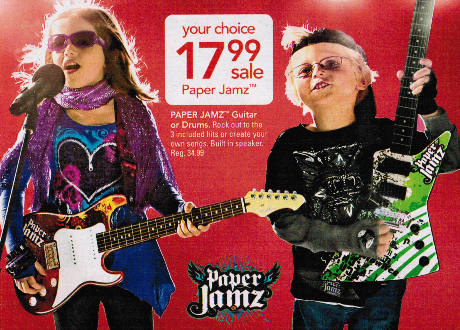I guess I’ve reached that age where some truths seem so obvious, and yet when younger people stumble on one, they react as though they invented the concept.
Case in point: both the Atlantic and Fast Company are reporting on a “new” phenomenon: taking preschoolers outdoors to learn about the world around them. Can you imagine? Who would have thought that young children would learn more (and enjoy learning more) when they’re out in nature instead of locked in a classroom?
When I was a child, playing outside was my number one occupation in the summer; playing inside was my number one occupation the rest of the year. My parents did not have to pay $400 per month for me to play outside four days a week, 3.5 hours a day, as cited in the Atlantic article. Nope, back then, nature was free…and it still is.
While I’m thrilled that younger people than me are finally discovering that little kids don’t belong in classrooms, I’m stunned that people will pay so much money for “outdoor preschools.” And I guess the writer of the Atlantic article doesn’t even consider the existence of stay-at-home parents who can take their kids outside:
By and large, Riverside only works for parents who can afford to stop work and be available to pick kids up at 12:30 p.m. (or who have a full-time nanny or relative who can step in).
This bothers Huvos. “It’s become this unique, privileged thing: putting kids outside to play,” she says. Well-heeled parents realize, she says, that “this is what’s going to give your kid an academic advantage. This is what’s going to give your kid life success.” She hopes that if “affluent folks [are] demanding it,” more early education programs will emerge to provide more kids—of all backgrounds—more time outside.
I can’t wait until this generation discovers that you don’t have to pay a preschool to take your kids outside to discover the world around them; you can do it yourself pretty easily. Even if you’re not a stay-at-home parent, your spouse, your child’s grandparents, and other relatives and family friends can all take your child on regular outings in the great outdoors. It has nothing to do with being “unique” or “privileged,” and everything to do with getting off your …phone and paying attention to your child.
P.S. Playing outside is certainly nothing new!

